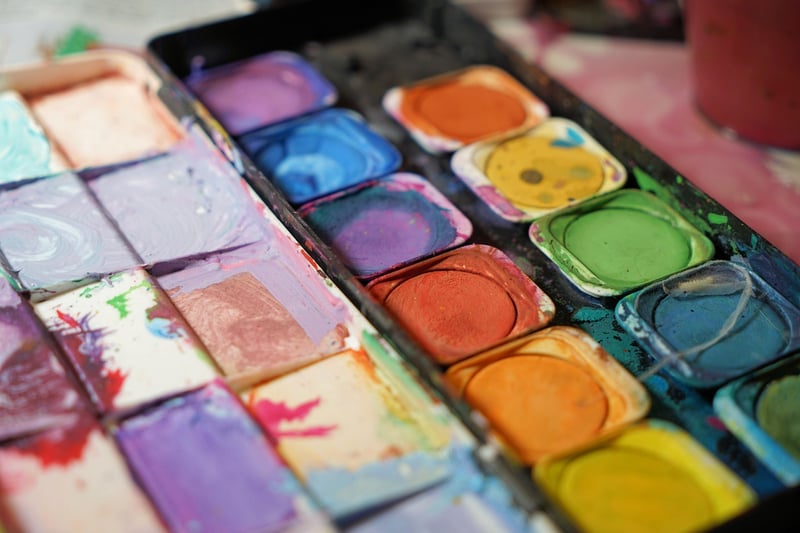Art Therapist
The Power of Art Therapy: A Guide to Pursuing a Career as an Art Therapist
Are you passionate about art and helping others? Do you believe in the healing power of creativity? If so, a career as an Art Therapist may be the perfect fit for you. Combining your love for art with a desire to make a positive impact, art therapy offers a unique and rewarding path for those looking to pursue meaningful occupations.
What is Art Therapy?
Art therapy is a form of psychotherapy that uses the creative process of making art to improve and enhance the physical, mental, and emotional well-being of individuals of all ages. Through various art modalities, such as painting, drawing, sculpting, and collage, clients can explore their feelings, reconcile emotional conflicts, foster self-awareness, manage behavior and addictions, develop social skills, improve reality orientation, reduce anxiety, and increase self-esteem.
How to Become an Art Therapist
- Obtain a Bachelor's degree in a related field such as psychology, counseling, social work, or art therapy.
- Complete a Master's degree in Art Therapy from an accredited institution. This will provide you with the necessary knowledge and skills to practice art therapy ethically and effectively.
- Gain practical experience through internships and supervised clinical work to apply your theoretical knowledge in real-world settings.
- Obtain licensure as a professional Art Therapist, which typically requires passing a national certification exam and fulfilling specific requirements set by your state.
- Continue your education and professional development through workshops, seminars, and conferences to stay current with the latest research and practices in the field.
Benefits of Being an Art Therapist
- Helping individuals overcome challenges and achieve personal growth through the transformative power of art.
- Working in diverse settings such as schools, hospitals, mental health clinics, rehabilitation centers, and private practice.
- Building meaningful relationships with clients and witnessing their progress and healing journey.
- Contributing to the field of mental health and advocating for the importance of creative expression in overall well-being.
Start Your Journey Today
If you are ready to embark on a fulfilling career that combines your passion for art with your desire to help others, consider becoming an Art Therapist. By pursuing this path, you can make a meaningful difference in the lives of those in need while engaging in a creative and therapeutic process that enriches both you and your clients.
Image Source: https://pixabay.com/photos/painting-drawing-art-creation-801717/

